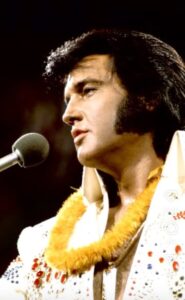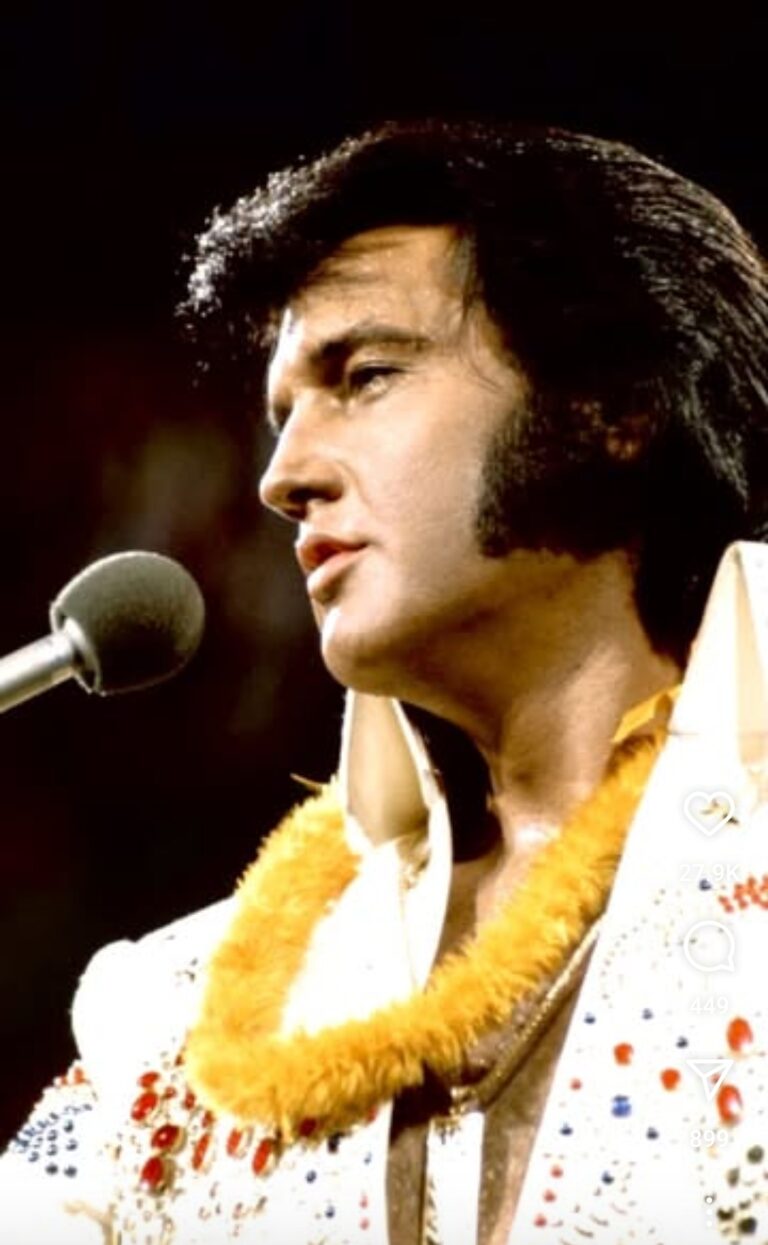Elvis Presley, the legendary American musician, is widely regarded as one of the most iconic figures in music history. Known for his charismatic stage presence, distinctive voice, and genre-defying sound, Elvis remains an enduring cultural phenomenon. However, behind the glamour and glory of his career, Elvis struggled with a serious and often overlooked issue: prescription pill addiction.
Elvis’s dependence on prescription medications, particularly painkillers and sedatives, began in the 1960s. As his career progressed, he faced increasing pressure to perform, manage his weight, and cope with chronic pain stemming from injuries and medical conditions. In response, Elvis turned to prescription pills, which were often prescribed by his doctors without adequate oversight or concern for the risks of addiction.
Over time, Elvis’s reliance on prescription pills grew, and he began to experience the devastating consequences of addiction. His health began to decline, and his performances suffered as a result. Friends, family, and colleagues close to Elvis expressed concern about his pill-popping habits, but he struggled to break free from the cycle of addiction.
The impact of Elvis’s prescription pill addiction was far-reaching. His relationships with loved ones suffered, and his professional life became increasingly erratic. Despite his best efforts to hide his struggles, the toll of addiction on his health and well-being was evident to those around him.
Elvis’s addiction also had significant consequences for his fans. As his health declined, so did the quality of his performances. His struggles with addiction led to weight gain, mood swings, and decreased energy levels, all of which affected his ability to deliver the high-quality performances his fans expected.
In the years leading up to his death, Elvis’s prescription pill addiction reached a critical point. On August 16, 1977, Elvis passed away at his Memphis home, Graceland. The official cause of death was determined to be a heart attack, but toxicology reports revealed a cocktail of prescription medications in his system.
Elvis’s death was a shock to fans worldwide, and it highlighted the dangers of prescription pill addiction. In the years following his passing, the music industry and the public have come to recognize the devastating impact of addiction on artists and individuals alike.
Today, Elvis’s legacy serves as a reminder of the importance of addressing addiction and prioritizing mental and physical health. While his music and cultural impact continue to inspire new generations, his struggles with prescription pill addiction offer a cautionary tale about the dangers of substance abuse.
In conclusion, Elvis Presley’s prescription pill addiction was a serious and often overlooked aspect of his life. As we remember the King of Rock ‘n’ Roll, it’s essential to acknowledge the complexities of his struggles and the impact of addiction on his life and career. By doing so, we can work towards creating a more supportive and informed environment for those struggling with addiction.
The Warning Signs
Elvis’s story serves as a warning about the dangers of prescription pill addiction. The warning signs were there, but they were often ignored or downplayed. As we reflect on Elvis’s struggles, it’s clear that addiction can affect anyone, regardless of their status or success.
A Lasting Legacy
Elvis’s music and legacy continue to inspire and entertain audiences worldwide. However, his struggles with prescription pill addiction offer a poignant reminder of the importance of prioritizing health and well-being. As we celebrate the King’s life and career, let’s also acknowledge the complexities of his struggles and work towards creating a more supportive environment for those affected by addiction.
